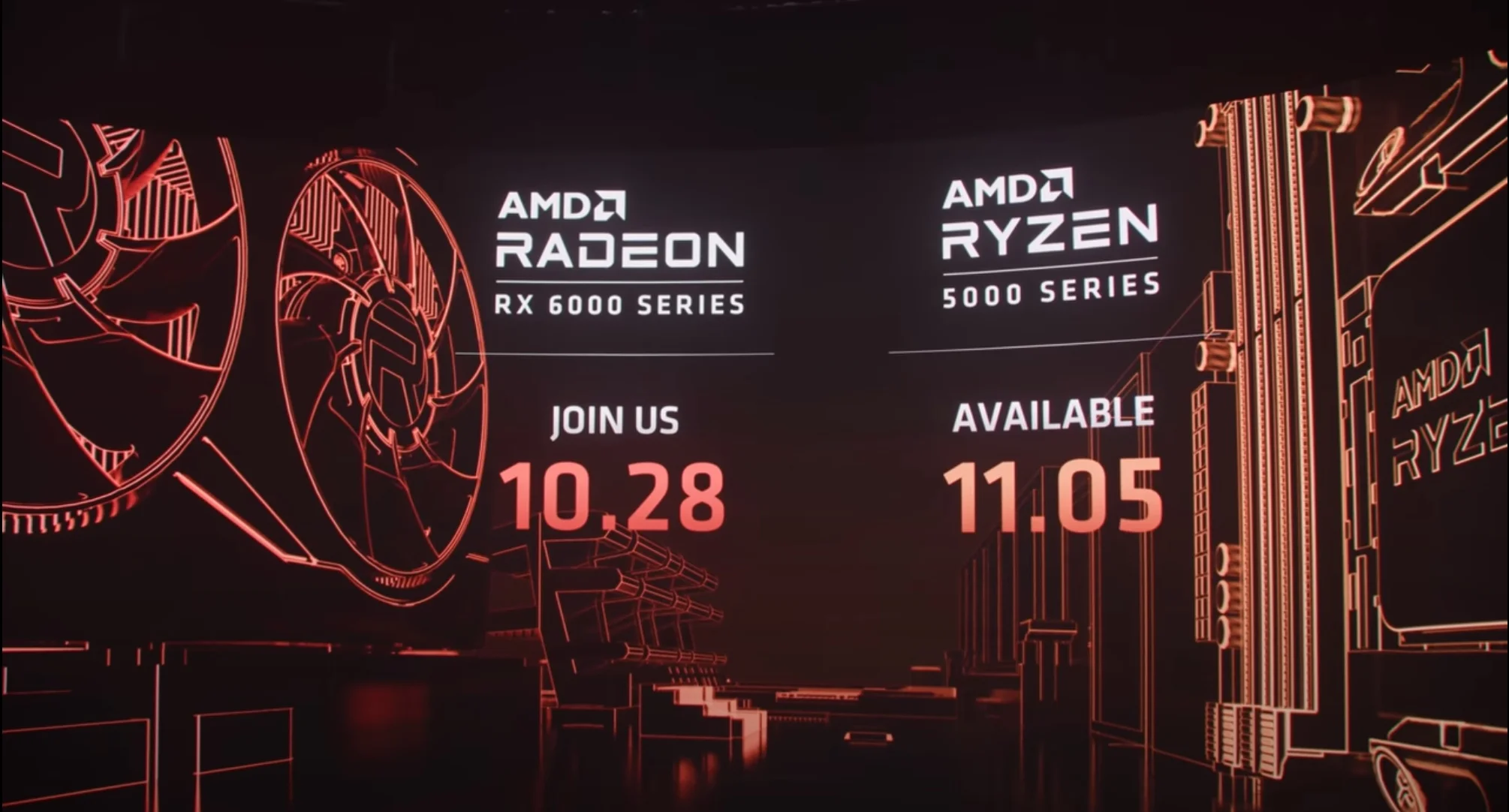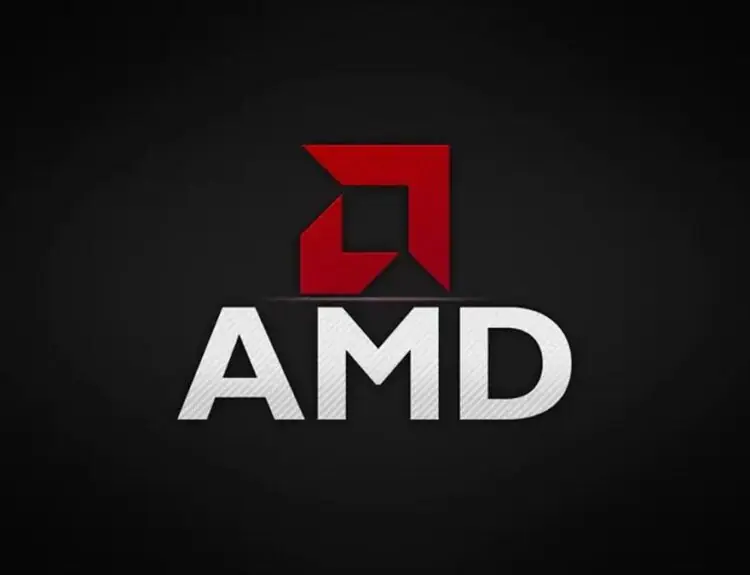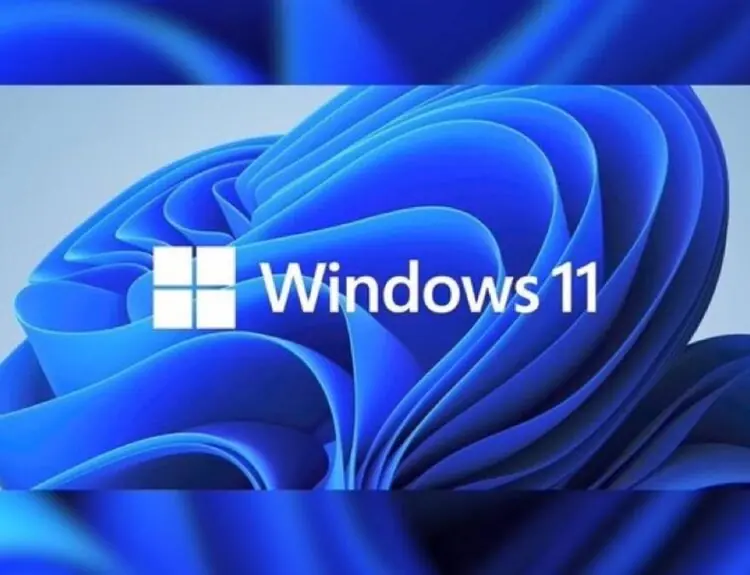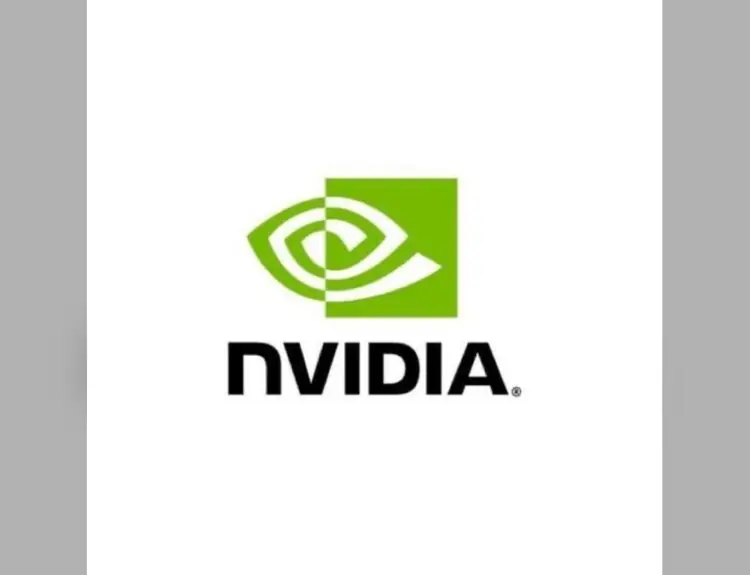2020 has been volatile in just about every way possible, and the tech industry has been no exception. After several massive launches, tech enthusiasts are giving the closing months of the year the tagline of “Out of Stock.”
AMD is working up to the release of their new graphics cards, the Radeon RX 6000 series. Set to possibly remove Nvidia from their throne, this new series of GPUs is set to charge onto the tech scene by storm.
The only issue is whether enthusiasts will be able to actually get their hands on the cards, or if AMD will be falling prey to the same issues that Nvidia struggled with. Given that fans have been calling the November 5th release of the 5000-series Zen 3 Ryzen CPUs a paper launch, many aren’t too confident in AMD.
AMD, however, is very confident in their ability to get the cards to players. In fact, their ability to avoid the disastrous launch that Nvidia found themselves with has been one of their major selling points.
So, what’s Team Red doing to actually fix the issues that Nvidia faced? The first is a pretty easy fix – just add a captcha!
“Our top priority is to ensure gamers, enthusiasts, and creators can easily purchase our AMD Radeon RX 6000 Series Graphics cards and AMD Ryzen 5000 Series processors at launch and thereafter,” AMD wrote in a letter to their partners.
AMD states they had the suspicion that purchasers would try to snatch up the cards and sell them on third-party websites at a high cost – the same strategy used by scalpers against Nvidia. They also anticipated sites crashing or going unresponsive, an issue that Best Buy’s website faced at Nvidia’s launch.
To this end, they suggested the following strategies: Bot detection and management, as well as CAPTCHA implementation, was a core, as bots were the most problematic for Nvidia’s launches.
Team Red also suggested purchase limits and reservations, meaning that players could only order one card and could reserve their spot with a queue-based notification system. Past that, they recommend manual order processing to ensure orders are properly validated.
Finally, they also suggest that sellers limit sales for three weeks after launch, as well as inventory-to-cart allocation, reserving a card once its in the inventory.
The CPU launch on the 5th didn’t quite go so well, selling out extremely quickly, but it seemed to be much better than the Nvidia launch. Whether the GPU launch will go better for enthusiasts, we’ll have to see on November 18th.







